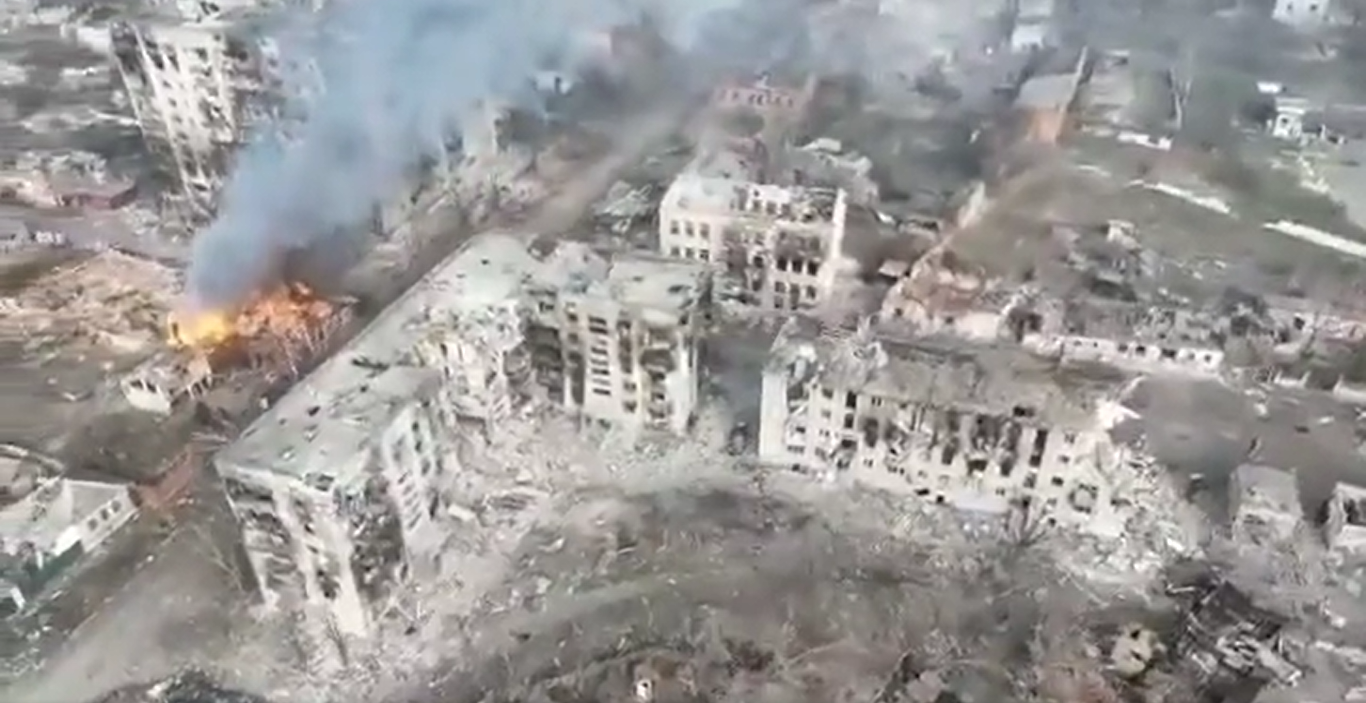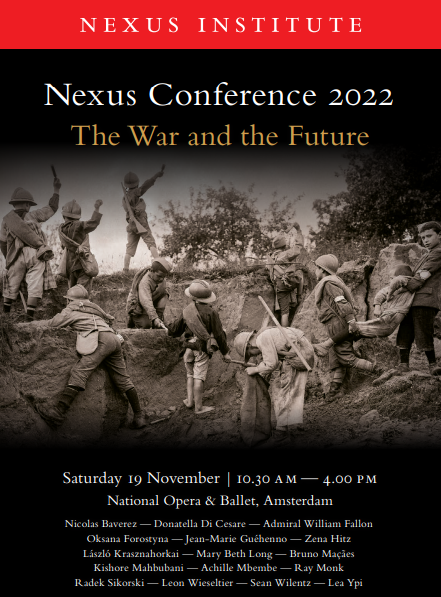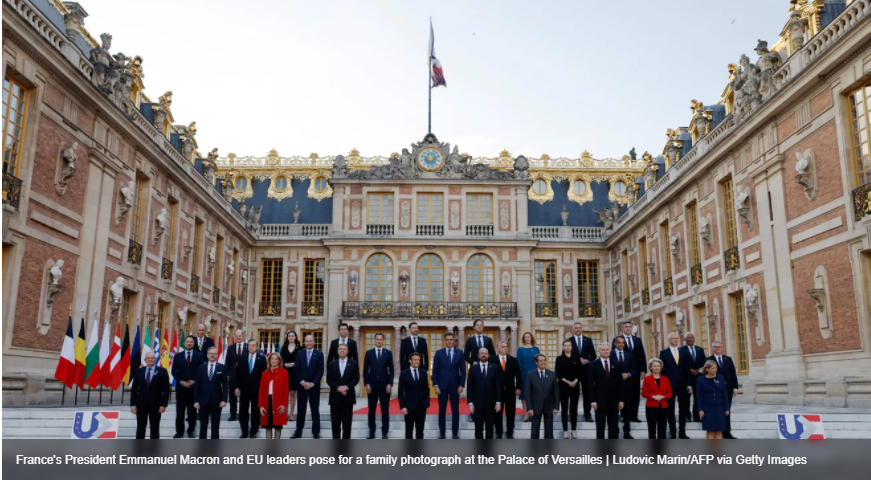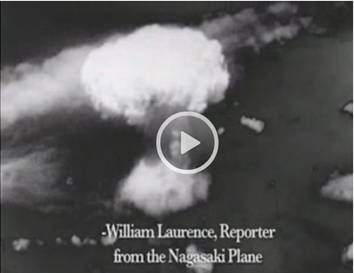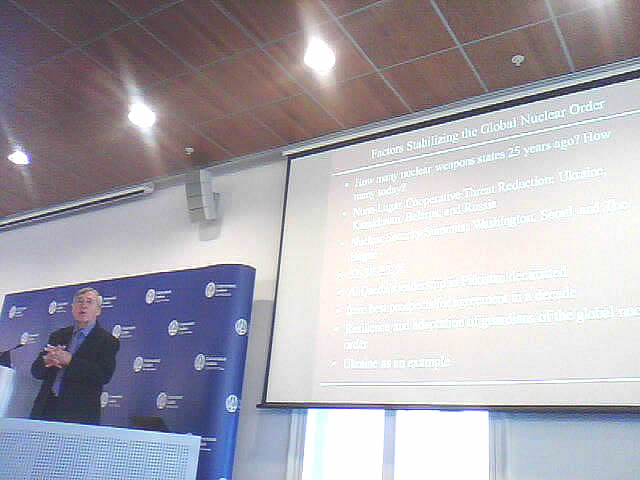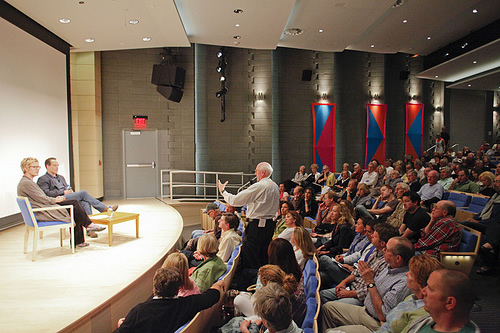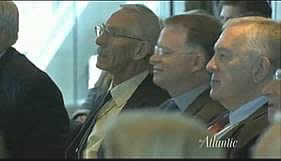| Author CRT Admin, August 6, 2020, Categories Commentary
Seventy-five years ago today, the American B-29 Superfortress bomber, the Enola Gay, piloted by Colonel Paul Tibbets, opened its bomb bay doors and dropped an atomic bomb on the Japanese city of Hiroshima, initiating humanity to atomic warfare.
President Harry Truman made the decision to drop the bomb and then a second one three days later on Nagasaki. I have been told that he chose such destruction in place of an American invasion of Japan, which was predicted to result in massive civilian casualties and damage in town after town and city after city and great losses to American ground forces.
One of the founders of the Caux Round Table, Ryuzaburo Kaku, was in Nagasaki on August 9, 1945 when the second bomb was dropped. I once listened to Kaku-san at Mountain House in Caux, Switzerland describe his experience that day. He had been in a basement when the bomb detonated. On going up to the street, Kaku was amazed first at the silence – total silence, not even the sound of birds. Then he looked around – buildings destroyed – no people, not one – in sight.
His response to his survivor’s guilt – why me? What am I to do with my life to deserve it? – was to be exemplary in working for a higher vision in his business career with Canon Inc. He took a Japanese concept – kyosei or symbiosis – and developed it into a global ethic of business responsibility for stakeholders. You can read his article on kyosei in the Harvard Business Review here.
We live with the threat of nuclear war still today. An arms race between the U.S. and China appears to be underway. Both India and Pakistan have nuclear weapons. Israel is reliably reported to have nuclear weapons. Many worry that Iran, no friend of Israel, will develop nuclear weapons. North Korea, presumably, is very close to having a small nuclear arsenal.
For those who advocate a principled commitment to the moral use of power, what might the date August 6 portend? First, that a terrible war, a nuclear war, is possible. Our moral powers of self-restraint can fail of their purpose and let a war happen. More importantly, moral purpose, devoutly pursued, can lead to war: fiat iusticia ruat caelum – “Let there be justice though Heaven falls” or alternatively, fiat iusticia et pereat mundus – ”Let there be justice though the world perish.”
Morality too, taken to extremes, becomes cruel and destructive. Morality can become a heuristic figure of mind, a kind of cognitive bias, calling forth rationalizations, justifications, excuses. Ethics, perhaps, a bit more utilitarian, balancing considerations of self and other, should be placed in the scales of justice.
In an age when atomic war is possible, hard thinking about conflict resolution, alternate forms of warfare, putting brakes on escalation, insistence on good governance, on a balance of interests and of coalitions of the willing to forestall the dangers of going to extremes are warranted.
|
